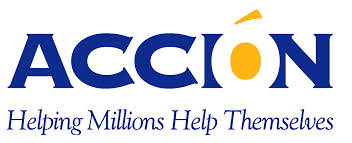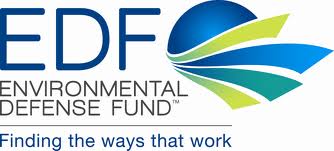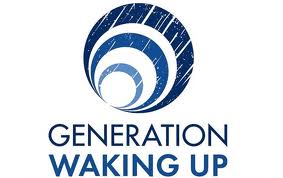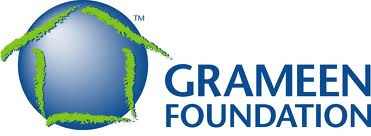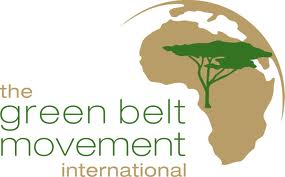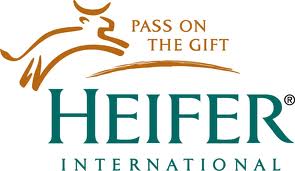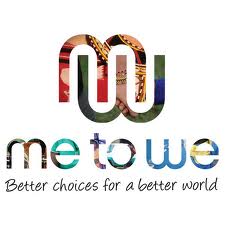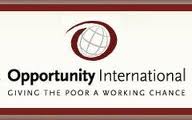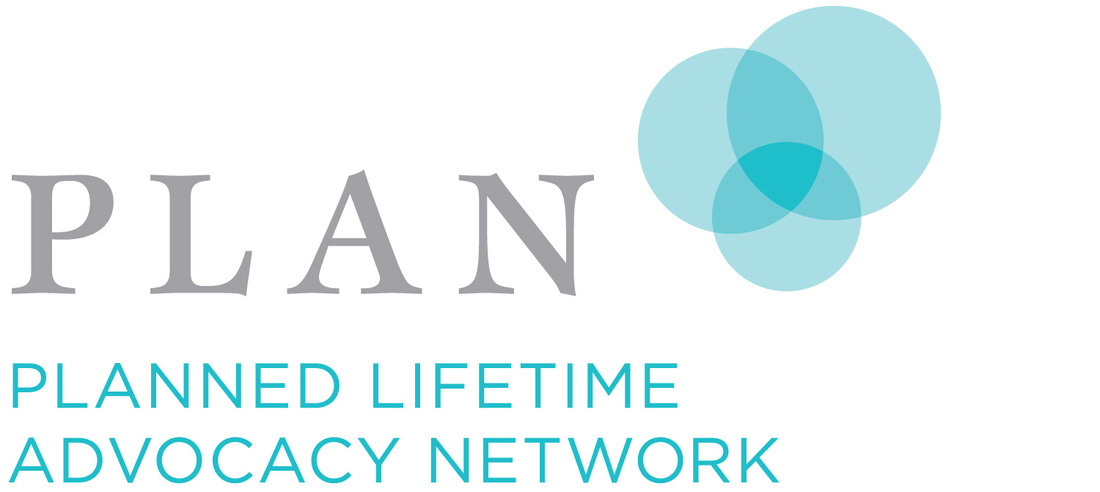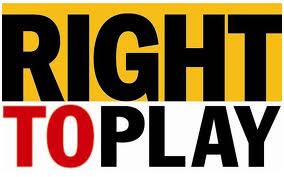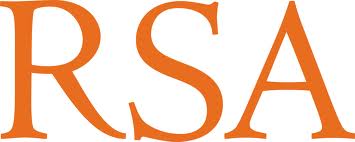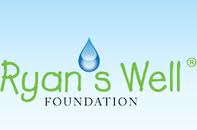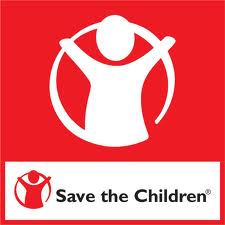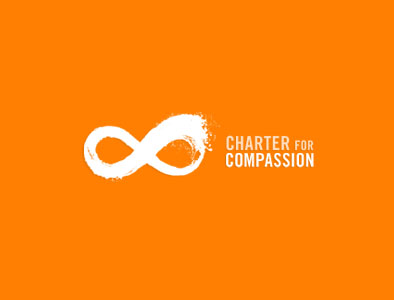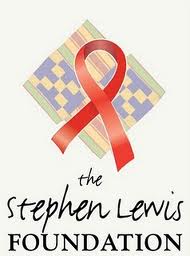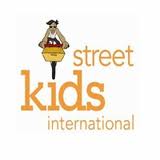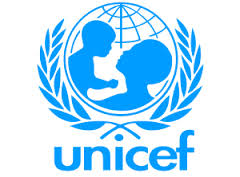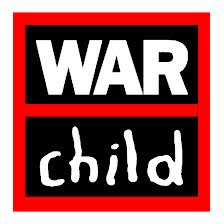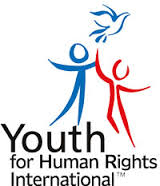Please Note: Children's Rights Education doesn't support any particular organization. You are responsible for your own due diligence. Please make sure that any money raised by your students actually reaches where it is intended. A financial assessment of the organization is recommended.
Accion InternationalA pioneer in microfinance that issued its first loan in Brazil in 1973, ACCION sets up microfinance organizations around the world (with a focus on Latin America) to provide loans, business training and other financial services to the self-employed poor. In the last decade, ACCION partners have disbursed $12.3 billion in loans as small as $100.
|
Association for Childhood Education InternationalThe mission of ACEI is to promote and support the optimal education, development, and well-being of children worldwide, and to influence the professional growth of educators and the efforts of others who are committed to the needs of children in a changing society. ACEI has consultive status with the United Nations.
|
Centre for Child HonouringImagine a new idea as vital as democracy. Now imagine helping it spread quickly throughout the world! Child Honouring is one such idea, an idea whose time has come. We invite you to be a part of the global movement that views honouring children as the best way to create sustainable, peacemaking societies. Nelson Mandela, The Dalai Lama, Graca Machel are among the growing chorus of luminaries calling for a world fit for children. The Centre for Child Honouring - on Salt Spring Island, BC, Canada - is a non-profit organization dedicated to advancing Child Honouring as a universal ethic, an organizing principle for societal transformation. Child Honouring is a unique social change revolution, one with the child at its heart. It is a positive vision that stresses “the primacy of early years” as key to activating the powerful potential of our species. Supporting the Earth Charter and the UN Convention on the Rights of the Child, A Covenant for Honouring Children is a poetic declaration of our duty respect children, “to honour their caring ideals as the heart of being human”. The Child Honouring principles offer a guide for living as conscious beings. They constitute the basis for a multi-faith consensus on societal renewal.
|
David Suzuki FoundationThe foundation works with government, business and individuals to conserve our environment by providing science-based education, advocacy and policy work, and acting as a catalyst for the social change that today’s situation demands. The mission is to protect the diversity of nature and our quality of life, now and for the future.
|
Environmental Defense FundThis organization takes on the most urgent environmental threats to the climate, oceans, ecosystems and people’s health and combine science, economics and law to get results that solve environmental problems.
|
Equitas - Educate. Empower. ChangeEquitas – International Centre for Human Rights Education is a non-profit organization that works for the advancement of equality, social justice and respect for human dignity in Canada and around the world through transformative human rights education programs. We equip local human rights defenders and educators to build more inclusive communities and to contribute to social and economic development goals through democratic participation.
Our Vision We provide communities with tools to strengthen solidarity and public accountability, and to promote more inclusive and effective participation in local decision-making processes, particularly for discriminated, marginalized and vulnerable groups. Working in partnership with local human rights educators and decision-makers, we engage children, youth and women to become leading actors for social change. Equitas is recognized in Canada and around the world for its leadership and excellence in the delivery and evaluation of results-oriented human rights education programs. We are committed to sharing best practices and knowledge regarding the intersection between human rights, democratic participation and socio-economic development. Our Values Equitas believes that human rights education plays a crucial role in building knowledge, shaping attitudes and positive behaviours that advance the human rights principles and values contained in the Universal Declaration of Human Rights. We recognize that social change will only be sustainable if communities truly assimilate human rights values and we believe that human rights education is a process of empowerment that begins with the individual. All of our programs encourage personal reflection on values, attitudes and behaviours and provide participants with skills to lead these reflections in their own communities, to develop an understanding of everyone’s common responsibility to make human rights a reality. Our name is inspired from the Latin word for justice, equity and fairness. In addition to the inspiration we take from the principles and values of human rights, all our work and interaction with stakeholders are guided by the following organizational values: • Integrity • Focus and Direction • Trust and Mutual Respect • Openness • Partnership • Innovation |
Free the Children– Free the Children was founded by Craig Kielburger when he was 12 years old. “Being 12 years old is no excuse for not doing something…” (Craig Kielburger). Free the Children believes in a world where all young people are free to achieve their fullest potential as agents of change. It is a charity and educational organization that empowers youth to remove barriers that prevent them from being active local and global citizens. International projects, let by the holistic and sustainable Adopt a Village model, has brought over 650 schools and school rooms to youth and provided clean water, health care and sanitation to one million people around the world, freeing children and their families from the cycle of poverty.
To get involved go here. |
Generation Waking UpAll across the planet, a unique and powerful generation is coming of age. We are called by many names – GenY, Generation We, the Digital Generation, and the Millennials – though ultimately, we defy labels. Born approximately between 1978 and 2000, we are the largest, most well-educated, culturally diverse, globally aware, technologically savvy, and socially engaged generation our world has ever seen.
“We are the middle children of History, coming of age at the crossroads of civilization, a generation rising between an old world dying and a new world being born. We are the ‘make-it or break-it’ generation, the ‘all-or-nothing’ generation, the crucible through which civilization must pass or crash ~Joshua Gorman |
Grameen FoundationOften referred to as the originator of modern microfinance, Grameen Bank provides credit to over 7 million women in Bangladesh, Grameen and its founder, Professor Muhammad Yunus, won the 2006 Nobel Peace Prize for efforts “to create economic and social development from below.”
|
Green Belt MovementThe Green Belt Movement has two divisions: Green Belt Movement Kenya and Green Belt Movement International. The Green Belt Movement was founded by Wangari Maathai, an environmentalist, a civil society and women’s rights activist, 2004 Nobel Peace Prize winner, and a former parliamentarian. The mission of the GBM is to mobilize community consciousness using tree planting as an entry point for self determination, equity, improved livelihoods and security, and environmental conservation.
|
Hiefer InternationalHeifer International is a non-profit organization working to end hunger and poverty and save the earth through gifts of farm animals and training. Over the course of sixty years, Heifer has helped 4.5 million people striving for self-reliance in 128 countries, including the United States.
|
Humanium Help the ChildrenHumanium is an international child sponsorship NGO dedicated to stopping violations of children's rights throughout the world. Its objective is to make children's rights a reality. The organization supports sustainable development and fair trade, while giving the priorty to a global approach centred on self help, participation and autonomy of the poor.
|
International Development Research CentreSupporting local research, finding lasting solutions
To achieve self-reliance, poor communities need answers to questions like: How can we grow more and healthier food? Protect our health? Create jobs? A key part of Canada’s aid program since 1970, IDRC supports research in developing countries to answer these questions. IDRC also encourages sharing this knowledge with policymakers, other researchers, and communities around the world. The result is innovative, lasting local solutions that aim to bring choice and change to those who need it most. A key member of Canada’s foreign aid program, we are one of the world’s leaders in generating and applying new knowledge to meet the challenges facing poor countries. |
KivaKIVA operates a person-to-person micro-lending website that allows individuals to lend as little as $25 to poor entrepreneurs in developing countries. Lenders choose from vetted entrepreneurs on the KIVA website and are kept abreast of their progress through regular repayment updates.
|
Me to WeMe to We transforms consumers into world changers, one transaction at a time. Me to We sells socially conscious and environmentally friendly clothes, books and music, as well as life-changing experiences. It also provides inspiring speakers, leadership training and transformative travel experiences. Me to We measures the bottom line, not by dollars earned, but by the number of lives changed and the positive social and environmental impact we make. Half of Me to We’s profit is donated to its charitable partner, Free the Children.
|
OneXOneONEXONE was founded on the principles that every single life is infinitely precious and that each person can make a profound difference in someone else’s life one by one.
|
Opportunity InternationalDedicated to lending to the working poor through indigenous partner organizations and trust groups. Opportunity international currently serves over one million clients annually around the world. The organization provides microfinance services in nine African nations, offering loans, savings accounts and insurance to men and women living in chronic poverty.
|
OxfamOxfam is a community of ordinary people with an extraordinary vision: to end poverty and injustice. Oxfam will help you host an Oxfam America Hunger Banquet or help you take action online to attend a community event.
|
PLANPLAN’s mission is to help families secure the future for their relative with a disability and to provide peace of mind. PLAN’s vision is simple: we want everyone to have access to a good life. Not surprisingly, a good life for people with disabilities is not very different from a good life for anyone else: friends and family who love them, a place of one’s own, financial security, participating in decision making, and the ability to make a contribution to society.
|
Right to PlayRight To Play is a global organization that uses the transformative power of play - playing sports, playing games - to educate and empower children facing adversity.
We reach 1 million children in regular weekly activities, and have a direct impact on the development of critical life skills that affect positive and sustainable change. |
RSA 21st Century EnlightenmentIn the light of new challenges and opportunities for the human race our purpose is to develop and promote new ways of thinking about human fulfilment and social progress which speaks directly to our strapline - 21st century enlightenment. The RSA has over its 260 year history focused on a wide range of issues. Our current focus is in the following areas:
'Public service and communities'
|
Ryan's Well FoundationThe Ryan’s Well Foundation grew from the commitment of one boy, Ryan Hreljac, who learned of the great need for clean and safe water in developing countries in his 1st grade class. With the support of friends, family and the community, Ryan raised enough money to build a well in Africa. In 1999, at age seven, Ryan’s first well was built at Angolo Primary School in northern Uganda. To this day, the well continues to serve the community.
|
Save the ChildrenSave the Children is the leading independent organization creating lasting change in the lives of children in need in the United States and around the world. Recognized for our commitment to accountability, innovation and collaboration, our work takes us into the heart of communities, where we help children and families help themselves. We work with other organizations, governments, non-profits and a variety of local partners while maintaining our own independence without political agenda or religious orientation.
When disaster strikes around the world, Save the Children is there to save lives with food, medical care and education and remains to help communities rebuild through long-term recovery programs. As quickly and as effectively as Save the Children responds to tsunamis and civil conflict, it works to resolve the ongoing struggles children face every day — poverty, hunger, illiteracy and disease — and replaces them with hope for the future. |
The Charter for CompassionThe Charter for Compassion is a document that transcends religious, ideological, and national differences. Supported by leading thinkers from many traditions, the Charter activates the Golden Rule around the world.
The Charter for Compassion is a cooperative effort to restore not only compassionate thinking but, more importantly, compassionate action to the centre of religious, moral and political life. Compassion is the principled determination to put ourselves in the shoes of the other, and lies at the heart of all religious and ethical systems. |
The Stephen Lewis FoundationThe Stephen Lewis Foundation (SLF) works with community-level organizations which are turning the tide of HIV/AIDS in Africa by providing care and support to women, orphaned children, grandmothers and people living with HIV and AIDS. Since 2003, we have funded over 700 initiatives, partnering with 300 community-based organizations in the 15 African countries hardest hit by the pandemic.
These grassroots groups are the lifeline for their communities: they provide counselling and education about HIV prevention, care and treatment; distribute food, medication and other necessities; reach the sick and vulnerable through home-based health care; help orphans and vulnerable children access education and work through their grief; and support grandmothers caring for their orphaned grandchildren. |
Street Kids InternationalAt Street Kids International, we believe in a world where all vulnerable youth have the best possible opportunity to move themselves out of poverty and into gainful employment. That's why we partner with youth-serving organizations around the world to deliver entrepreneurship and employment programs. These programs assist youth to start small businesses or prepare for entry-level jobs. For 25 years in more than 60 countries, we have reached upwards of 2.5 million vulnerable youth, and are recognized by the United Nations as a global best practice leader in youth work.
|
Sweat Free CommunitiesSweat Free Communities is a campaign of the International Labour Rights Forum that assists sweatshop workers globally in their struggles to improve working conditions and form strong, independent unions.
|
UNICEFUNICEF’s mission is to create conditions that enable children to live happy, healthy and dignified lives. Every aspect of UNICEF’s work – ranging from programs to improve children’s health and education to protecting children from violence, exploitation, and disasters – is guided by the Convention on the Rights of the Child.
|
War ChildChildhood is a pivotal time in our lives. But it is also fragile, and can be easily corrupted by the effects of war. By providing access to education, opportunity and justice, War Child gives children in war-affected communities the chance to reclaim their childhood and break the cycle of poverty and violence.
|
Water for South SudanWater for South Sudan, Inc., based in Rochester, New York, USA, is a not-for-profit 501(c)(3) corporation founded in 2003. We operate successfully with a small paid staff, a network of committed volunteers, supported by civic, educational, and faith-based groups and individual donors as well as grants from foundations.
Our mission is simple: drill borehole wells which bring safe drinking water to the people in South Sudan's remote villages, transforming lives in the process. This mission is inspired and led by our founder, former “Lost Boy” Salva Dut. |
Women's World BankWomen’s World Banking is a global network of 54 microfinance providers and banks working in 30 countries to bring financial services and information to low income entrepreneurs. The network serves 13 million clients directly and another 10 million indirectly through the bank’s partners.
|
World Food Programme WFP is the food aid arm of the United Nations system. Food aid is one of the many instruments that can help to promote food security, which is defined as access of all people at all times to the food needed for an active and healthy life. ¹ The policies governing the use of World Food Programme food aid must be oriented towards the objective of eradicating hunger and poverty. The ultimate objective of food aid should be the elimination of the need for food aid.
|
Youth for Human RightsYouth for Human Rights International (YHRI) is a nonprofit organization founded in 2001 by Dr. Mary Shuttleworth, an educator born and raised in apartheid South Africa, where she witnessed firsthand the devastating effects of discrimination and the lack of basic human rights.
The purpose of YHRI is to teach youth about human rights, specifically the United Nations Universal Declaration of Human Rights, and inspire them to become advocates for tolerance and peace. YHRI has now grown into a global movement, including hundreds of groups, clubs and chapters around the world. Youth for Human Rights International teaches human rights education both in the classroom and in nontraditional educational settings. We aim to reach people from diverse backgrounds, with materials which often appeal across generations. By teaching human rights through all means—from conferences and workshops to hip-hop and dancing—this message has spread around the world. |

